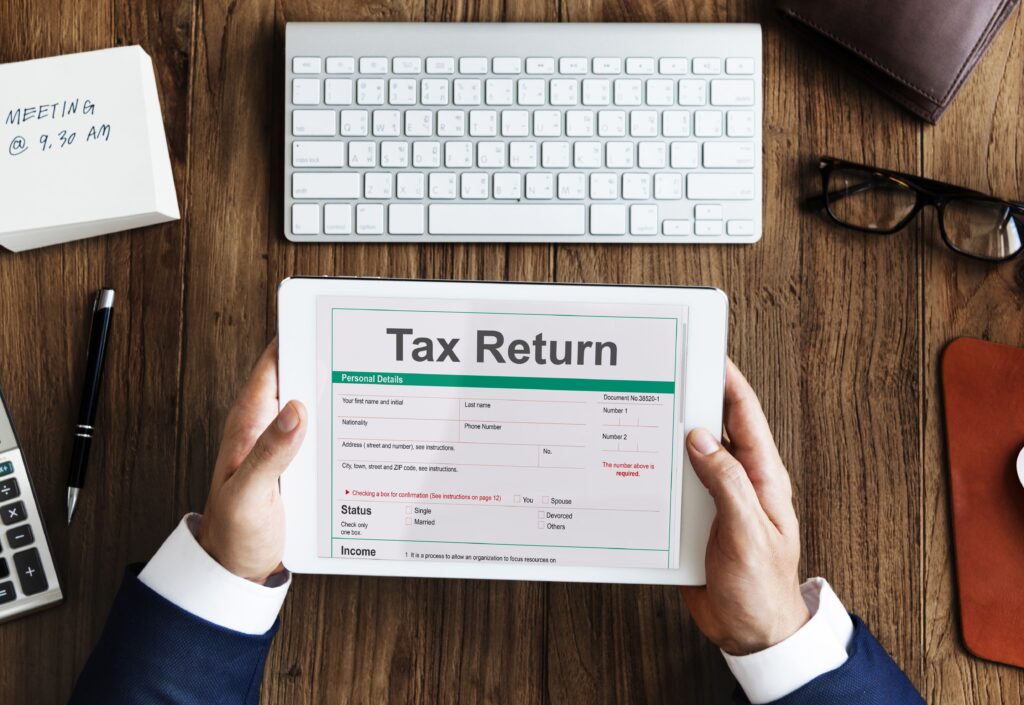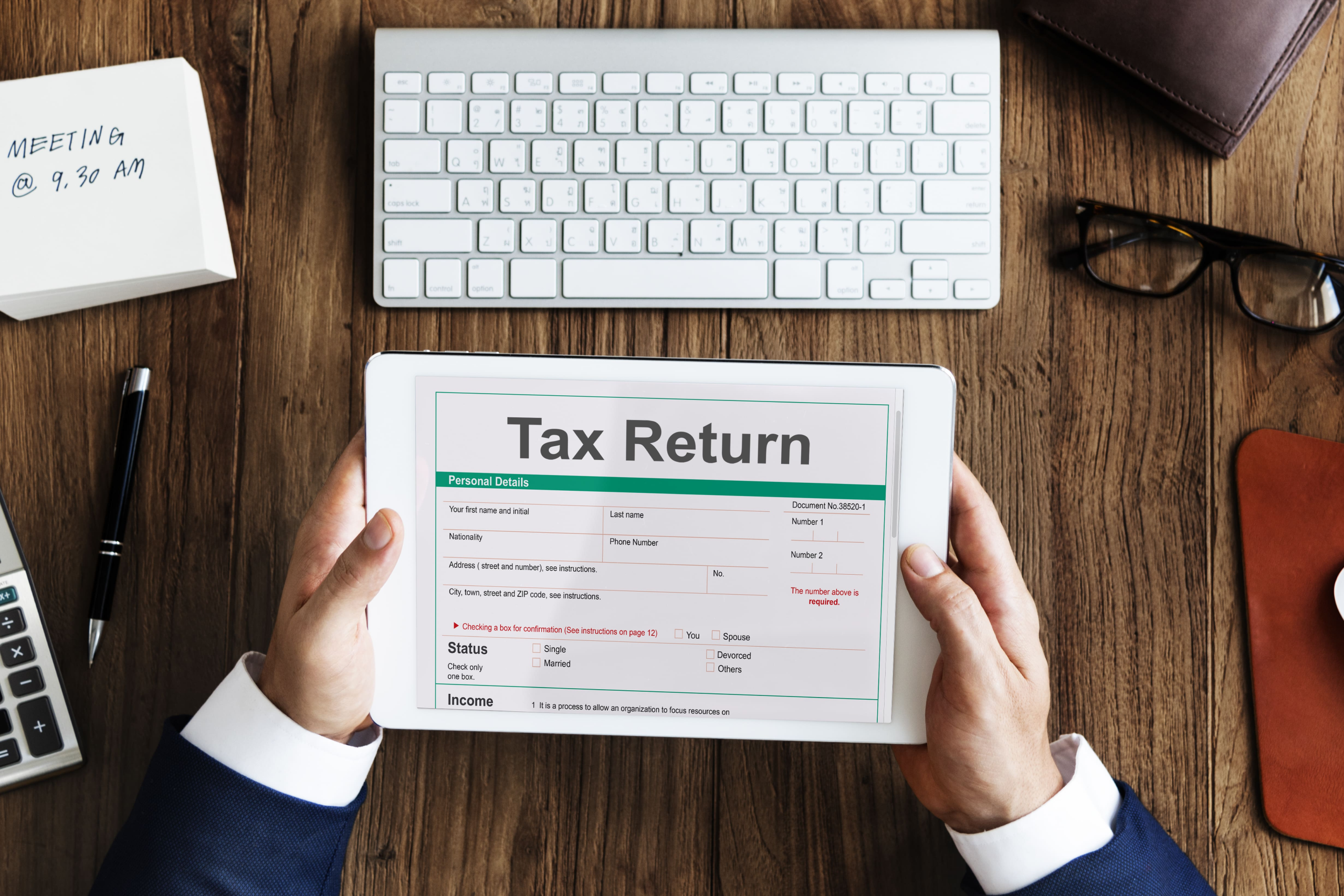Introduction
Navigating the complexities of personal and business taxes is essential for ensuring compliance and optimizing financial outcomes. In this blog, we explore effective strategies for managing taxes both on an individual and business level to maximize savings and minimize liabilities.

Understanding Personal Tax Management
- Tax Filing Requirements: Discussing the importance of understanding individual tax filing requirements, including deadlines, forms, and deductions.
- Income Tax Planning: Exploring strategies for minimizing income tax liabilities through deductions, credits, and tax-deferred investment accounts.
- Capital Gains and Losses: Understanding the tax implications of capital gains and losses on investments and strategies for managing them effectively.
- Retirement Planning: Discussing the tax advantages of retirement accounts such as 401(k)s, IRAs, and Roth IRAs, and their role in long-term tax planning.
Effective Business Tax Strategies:
- Entity Selection: Exploring different business entity structures, such as sole proprietorships, partnerships, corporations, and LLCs, and their tax implications.
- Tax Deductions and Credits: Identifying eligible business tax deductions and credits to minimize taxable income and maximize savings.
- Depreciation and Amortization: Understanding the tax benefits of depreciating business assets over time and strategies for maximizing depreciation deductions.
- Tax Compliance: Discussing the importance of maintaining accurate financial records, filing tax returns on time, and complying with tax laws and regulations to avoid penalties and audits.
Tax Planning for Investments and Wealth Management:
- Tax-Efficient Investing: Exploring tax-efficient investment strategies such as tax-loss harvesting, asset location, and dividend reinvestment to minimize tax liabilities.
- Estate and gift taxes: Discusses estate planning techniques to minimize liability and gifts.
- Charitable Giving: Highlighting the tax benefits of charitable donations and strategies for maximizing tax deductions through strategic giving.
Utilizing Tax Professionals and Resources:
- Tax Advisors and Accountants: Provides personalized tax planning and preparation services to individuals and businesses.
- Tax Software and Tools: Discussing the availability of tax software and online resources for DIY tax preparation and filing.
- Continuing Education: Emphasizing the importance of staying informed about changes in tax laws and regulations through ongoing education and professional development.
Conclusion
Effective tax management is essential for individuals and businesses alike to achieve financial success and compliance. In addition, by understanding tax laws, implementing strategic tax planning strategies, and leveraging professional expertise and resources, individuals and businesses can minimize tax liabilities, maximize savings, and build a solid foundation for long-term financial prosperity. However, proactive tax planning is key to optimizing financial outcomes and ensuring peace of mind in an ever-changing tax landscape.




